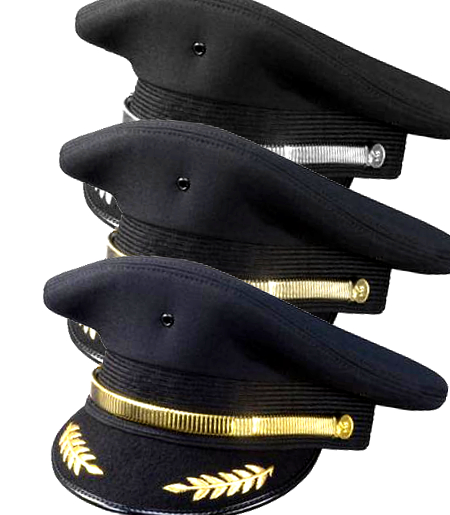Authorities double-down to dodge disaster
 Two crew members will be on the flight deck of any regular public transport aircraft with 50 seats or more, following changes made by Australian regulators this week.
Two crew members will be on the flight deck of any regular public transport aircraft with 50 seats or more, following changes made by Australian regulators this week.
Local authorities have rushed to make changes after last week's Germanwings crash in the French Alps.
Deputy Prime Minister Warren Truss yesterday announced new protocols that require two crew to be on the flight deck at all times.
It is expected that the senior-most member of the cabin crew would join a pilot or co-pilot in the locked cockpit, if the other had to leave for any reason.
Qantas has applied the new rule across its Qantas, Jetstar and Network Aviation fleet.
Virgin Australia also confirmed it would now have at least two crew members in the cockpit at all times, after the big names met with the Civil Aviation Safety Authority and the federal government.
Regional Express (Rex) has welcomed the government’s move, but it was already their policy.
Pilot Owen Zupp wrote in a blog post over the weekend, that the change “may offer some degree of security if implemented correctly”.
“The relieving crew member will need training and the appropriate level of expertise and not every flight attendant necessarily wishes to perform such a duty and bear the responsibility that accompanies the task,” Zupp wrote.
“We must also bear in mind that these are potential safeguards against a relatively isolated event and down the road a different kind of isolated event will occur and a universal call for action will be heard again.
“Unfortunately no human undertaking can be made 100 per cent safe and secure; we can merely endeavour to reduce the risk.
“For the moment, we need to maintain perspective and recognise the relatively rare nature of the Germanwings tragedy when set against the backdrop of how many millions of passengers two-crew flightdecks routinely convey safely every year.”
But Nathan Safe, the president of the Australian and International Pilots Union which represents Qantas and Jetstar pilots, has told Fairfax Media that new mental health protocols may be a more effective change.
“If [pilot suicide] does end up being the confirmed cause of the accident, we really need to make sure employers and the regulator have mature approaches to the mental health of pilot and people feel safe to come forward, that there are appropriate protections for their employment and income to come forward,” he said.
“Airlines are getting better at dealing with things like [mental health complaints]. They are starting to treat it like they should – there is not something stigmatised; ‘Let's sack you’.”








 Print
Print